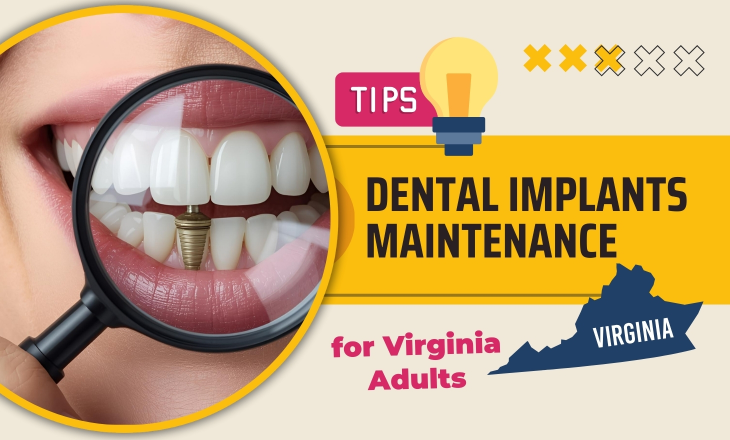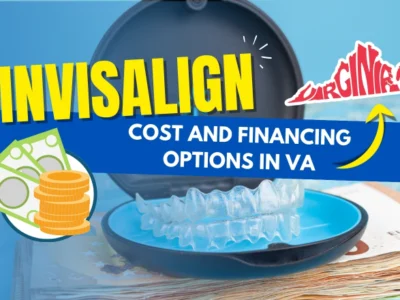Dental implants are one of the most effective solutions for replacing missing teeth, offering both functional and aesthetic benefits. For adults in Virginia, maintaining these implants properly is crucial for long-term success and oral health. Whether you’ve recently received your dental implants in Arlington, Richmond, or Virginia Beach, or you’ve had them for years, knowing the right care techniques can protect your investment and enhance your smile. In this comprehensive guide, we’ll cover essential dental implants maintenance tips for Virginia adults, helping you enjoy a lifetime of confident, healthy teeth.
Understanding Dental Implants
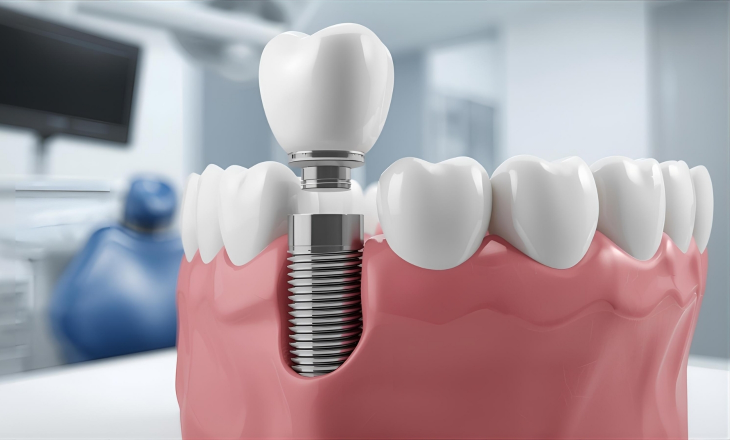
Before diving into maintenance tips, it’s essential to understand what dental implants are and why proper care is crucial.
Dental implants typically consist of three components:
- The Implant Fixture – a titanium screw surgically placed into the jawbone.
- The Abutment – a connector placed on top of the implant to hold the crown.
- The Crown – the visible, tooth-like part of the implant.
For a quick primer on durability, see our guide to dental implants benefits and durability.
When maintained correctly, implants can last a lifetime. Poor care, however, can result in peri-implantitis (gum inflammation around the implant), bone loss, and even implant failure.
For adults in Virginia, lifestyle factors such as diet, oral hygiene habits, and access to quality dental care can directly affect implant longevity.
Daily Oral Hygiene Tips for Dental Implants
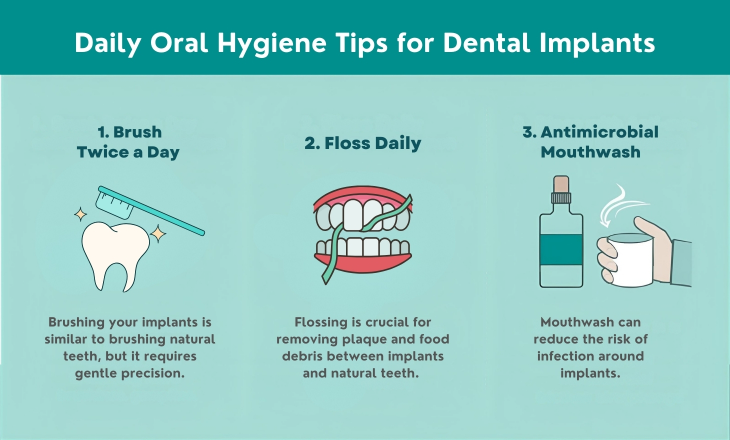
Maintaining dental implants starts with daily care. Here are essential tips for Virginia adults to keep their implants healthy:
1. Brush Twice a Day Using the Right Technique
Brushing your implants is similar to brushing natural teeth, but it requires gentle precision. For routines beyond brushing and flossing, review our step-by-step aftercare for dental implants. Use a soft-bristled toothbrush or an electric toothbrush to avoid damaging the gum tissue. Brush at a 45-degree angle to the gum line, focusing on the area where the implant meets the gums.
Tip: Consider using a low-abrasive toothpaste formulated for implants or sensitive teeth. Avoid harsh whitening toothpastes that can scratch the implant surface.
2. Floss Daily
Flossing is crucial for removing plaque and food debris between implants and natural teeth. For implants, regular flossing may not be sufficient; use specialized implant floss, soft picks, or interdental brushes designed for tight spaces around the implant.
Tip for Virginia adults: Schedule a demonstration with your local dentist in Virginia to ensure you’re using the correct technique for your specific implant type.
3. Rinse with Antimicrobial Mouthwash
Mouthwash can reduce the risk of infection around implants. Choose an alcohol-free antimicrobial mouthwash to prevent irritation of the gums while keeping bacteria at bay.
Pro Tip: Rinsing after meals can further protect your implants, especially if you’ve consumed sticky or sugary foods common in fast-food culture.
Diet and Lifestyle Considerations

What you eat and drink can significantly impact the health of your dental implants.
1. Avoid Hard and Sticky Foods
Hard foods like ice, nuts, or hard candies can damage the crown or abutment. Sticky foods, including caramel and gummy candies, can get lodged around the implant, increasing the risk of infection.
2. Limit Sugary and Acidic Foods
Excess sugar and acidic foods or drinks can lead to gum inflammation and damage surrounding teeth, which indirectly affects implant stability. For Virginia adults who enjoy local favorites like sweet tea or fruit desserts, moderation is key.
3. Stay Hydrated and Support Bone Health
Adequate hydration helps maintain saliva production, which naturally protects your teeth and implants. Additionally, ensure sufficient calcium and vitamin D intake to support jawbone health—a critical factor for implant stability.
Regular Dental Checkups and Professional Care

Even with excellent home care, professional maintenance is vital for dental implants.
1. Schedule Routine Dental Exams
Virginia adults should visit their dentist every six months—or more frequently if recommended—for comprehensive implant evaluations. Dentists can detect early signs of gum disease, bone loss, or mechanical issues with your implants.
2. Professional Cleanings
Dental hygienists use special instruments to clean implants without scratching the surface, unlike at-home brushing or flossing. These cleanings remove plaque and tartar buildup, significantly reducing the risk of peri-implantitis.
Tip: Ask your Virginia dentist about laser or ultrasonic cleaning options for implants, which can offer deeper cleaning with minimal discomfort.
3. Monitoring Bone Health
Regular X-rays are essential to ensure the jawbone around your implants remains strong and healthy. Early detection of bone loss allows for timely interventions, such as bone grafts or other treatments, to prevent implant failure.
Don’t skip visits—here are the advantages of regular dental consultations.
Common Implant Maintenance Challenges
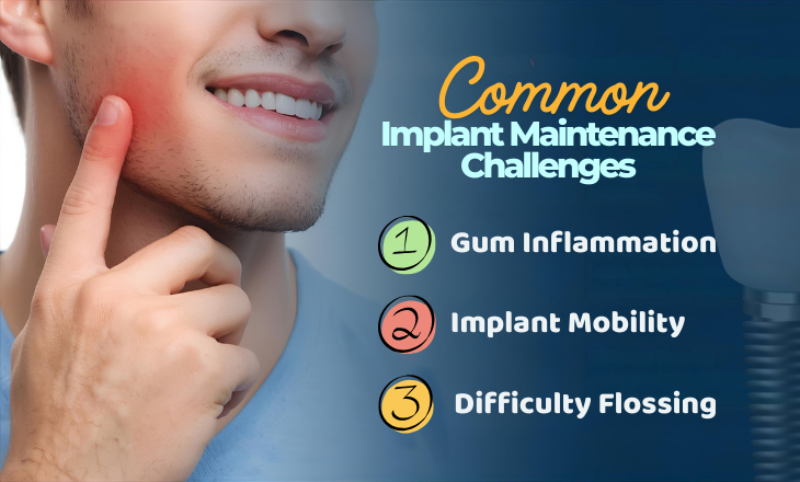
Virginia adults may face specific challenges when caring for implants. Understanding these challenges can help you proactively address them.
1. Gum Inflammation
Red, swollen, or bleeding gums around an implant may indicate peri-implantitis. Prompt professional care is essential to prevent further damage.
Learn why specialist oversight helps in why a periodontist is better for dental implants.
2. Implant Mobility
If an implant feels loose, it could indicate bone loss or mechanical issues. Do not ignore this symptom; contact your dentist immediately.
3. Difficulty Flossing
Some adults struggle with flossing around implants, especially with multiple implants or bridges. In such cases, specialized flossing tools, water flossers, or interdental brushes can make a significant difference.
Advanced Tips for Long-Term Implant Success
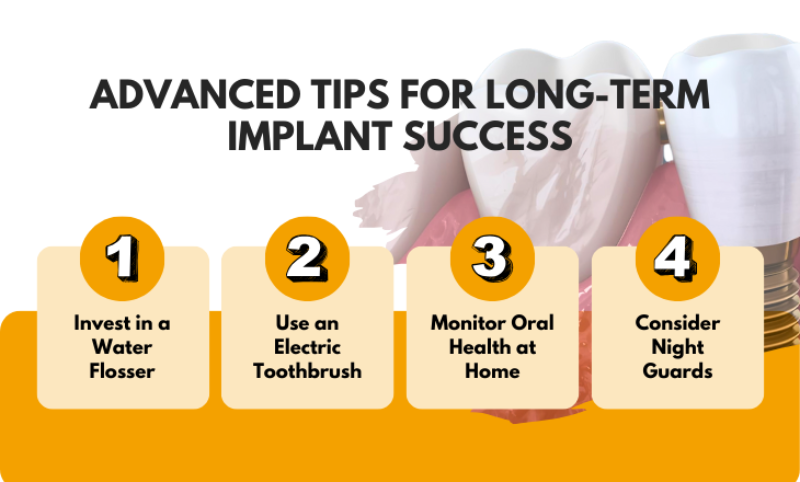
For Virginia adults seeking to maximize the longevity of their implants, consider these advanced maintenance strategies:
1. Invest in a Water Flosser
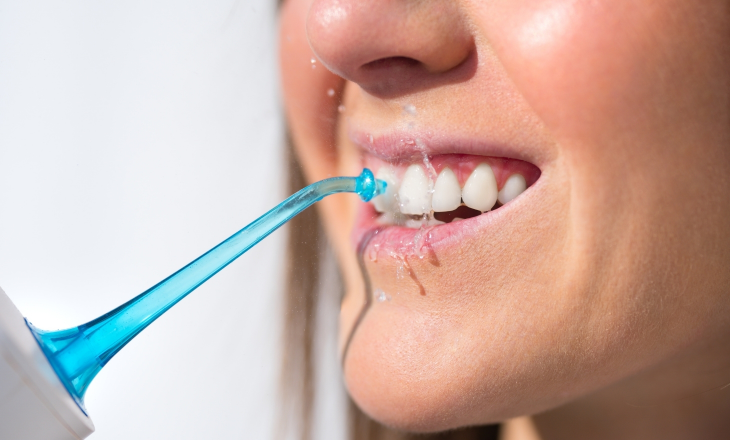
Water flossers are highly effective at removing plaque and debris from hard-to-reach areas around implants. They are particularly useful for patients with limited dexterity or multiple implants.
2. Use an Electric Toothbrush with Pressure Sensor
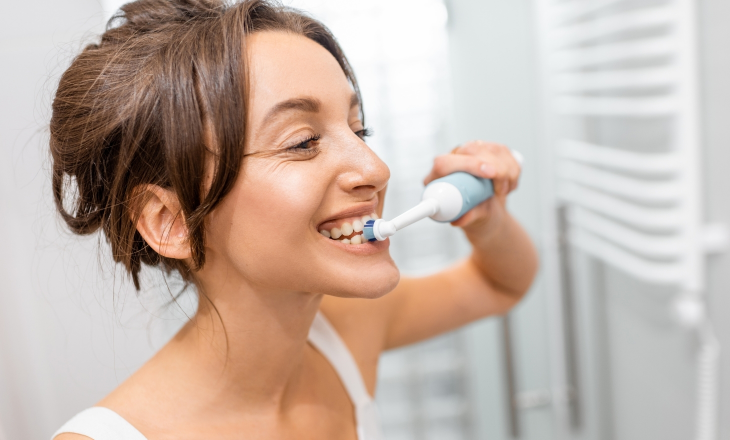
An electric toothbrush with a pressure sensor ensures you’re brushing thoroughly without applying excessive force that could damage gums or implant surfaces.
3. Monitor Oral Health at Home
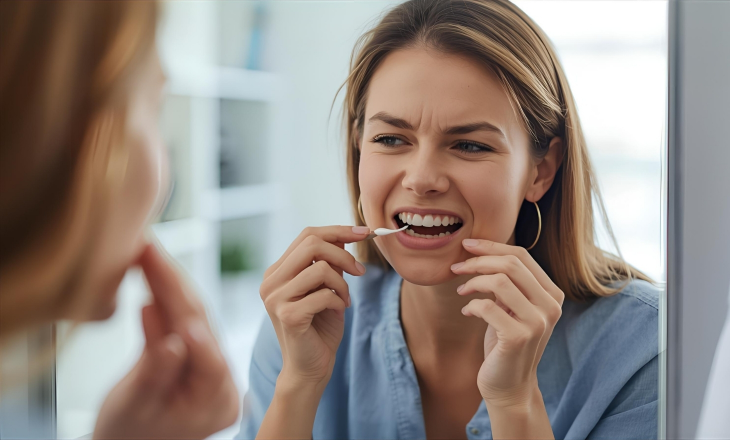
Regularly check your implants for signs of redness, swelling, or unusual discomfort. Keep a checklist with these points to remember after getting dental implants. Early detection of problems allows you to seek treatment before complications escalate.
4. Consider Night Guards
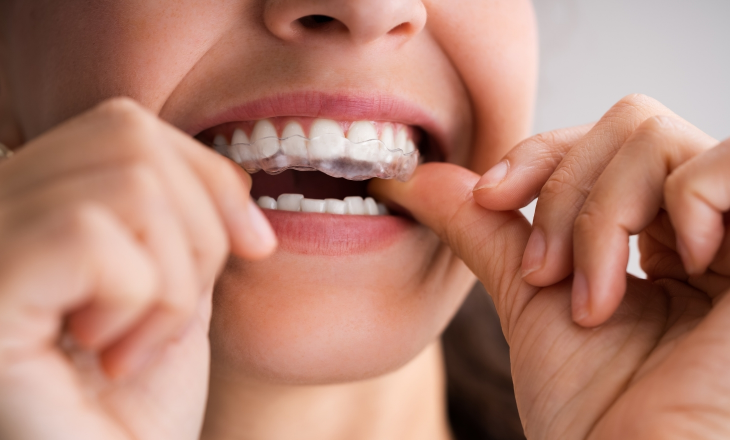
If you grind your teeth at night, a custom night guard can protect both natural teeth and implants from excessive pressure and wear. Virginia adults with high-stress lifestyles may benefit from this preventive measure.
Lifestyle Habits That Support Implant Health

Maintaining dental implants isn’t just about oral hygiene—it’s also about overall lifestyle habits:
- Quit Smoking: Tobacco use significantly increases the risk of implant failure and gum disease. Virginia adults who smoke should seek support for cessation.
- Manage Chronic Conditions: Conditions like diabetes or osteoporosis can affect implant health. Proper medical management and regular dental checkups are crucial.
- Stay Active: Regular exercise improves circulation, which supports gum and bone health.
Dental Implants Maintenance Tips for Specific Virginia Regions

Virginia is diverse, with urban and suburban populations facing unique dental care considerations. Here’s a region-specific guide:
Northern Virginia (Arlington, Fairfax, Alexandria)
Busy lifestyles and higher fast-food consumption necessitate extra attention to diet and hygiene. Consider scheduling cleanings in advance to maintain consistency despite a hectic schedule.
Central Virginia (Richmond, Charlottesville)
For adults in Central Virginia, access to specialized dental care may require planning. Tele-dentistry consultations can complement in-office checkups to monitor implants effectively.
Coastal Virginia (Virginia Beach, Norfolk, Hampton)
Saltwater exposure, climate, and humidity can influence oral health. Staying hydrated and rinsing after meals helps maintain gum health around implants.
Frequently Asked Questions About Dental Implants Maintenance for Virginia Adults

Dental implants can last a lifetime when cared for properly. Here are the top questions Virginia adults ask about maintaining their implants.
Q1: How often should I visit my dentist for implant checkups in Virginia?
A: Most dental professionals recommend visits every six months. However, your dentist may suggest more frequent checkups if you have multiple implants or gum health concerns. Regular exams help detect early issues and ensure your implants remain healthy.
Q2: Can I brush my dental implants like natural teeth?
A: Yes, but it’s important to use a soft-bristled or electric toothbrush and gentle pressure. Focus on the gumline and areas around the implant to prevent plaque buildup and irritation.
Q3: Are there specific foods Virginia adults should avoid with dental implants?
A: Hard, sticky, and sugary foods can damage implants or contribute to gum inflammation. Foods like ice, caramel, and excessive sweets should be limited to maintain long-term implant health.
Q4: Is flossing necessary for dental implants?
A: Absolutely. Daily flossing with specialized implant floss, interdental brushes, or water flossers is essential to prevent peri-implantitis and maintain gum health.
Q5: How can I protect my implants if I grind my teeth at night?
A: Wearing a custom night guard can reduce stress on your implants and prevent damage to both implants and natural teeth. Your Virginia dentist can create a tailored guard for your needs.
Smokers should read why cessation matters in quit smoking before considering dental implants.
Conclusion: Maintaining Your Smile for a Lifetime
Dental implants are a life-changing investment, restoring confidence, functionality, and aesthetics for Virginia adults. However, the success and longevity of implants rely heavily on proper maintenance.
By incorporating daily hygiene routines, making smart dietary choices, scheduling regular dental checkups, and adopting advanced preventive measures, adults in Virginia can protect their implants for years to come. Ready for expert support? Book your consultation for dental implants & dentures at Smile Perfectors today.
Remember, every implant is unique, and consulting with a local dental professional ensures personalized care and guidance. Following these dental implants maintenance tips for Virginia adults will help you enjoy a healthy, radiant smile that lasts a lifetime.


